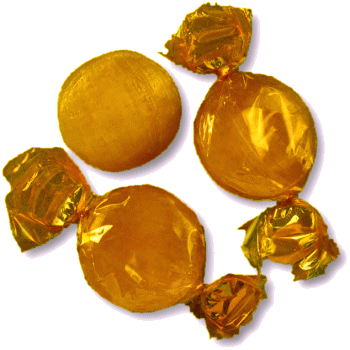




WELCOME TO An Entertainment Site for Scottish Country Dancers - Enjoy the curated selection of theme-related dances for celebrations and holidays, or find a dance associated with a special calendar day, or EVEN your own birthday!
Cookie Day
Dec 4
Other Scottish Country Dances for this Day
Today's Musings, History & Folklore
"That's the way the cookie crumbles!"
But adding a Crumbly Christmas Cookie Ceilidh to your holiday dance party is a wonderful way to "deck the halls" with something tasty! A "Cookie Shine" is a cookie-sharing party! So whether you refer to them as biscuits, cookies, treats, or something else, bring a baker's dozen of kilted gingerbread men to your next dance party for some holiday fun! While crisp cookies are known as "biscuits" in most English-speaking countries outside the US and Canada, the term "cookie" is often reserved for chewier varieties. In Scotland, however, a "cookie" might also refer to a plain bun, adding a local twist to the name. The word itself traces back to the Dutch term koekje—or its informal dialect version koekie—meaning "little cake." It made its way into American English during the early 1600s with the Dutch settlers of New Netherland. Adding to the cookie lore is the age-old debate: to dunk or not to dunk? This simple act, steeped in social customs, has even caught the attention of physicists, who study how well cookies hold liquid before crumbling. This 32 bar very lively reel with its namesake tune, rights and lefts, and half poussettes will definitely help you burn off those visits to the cookie table! 🤪 🎄 🎅 🍪 🍪 🍪
Cookie Shine
December 4th is Cookie Day! Why not celebrate with a Cookie Shine, a cookie exchange or cookie-sharing party!
In most English-speaking countries except for the US and Canada, crisp cookies are called biscuits, though chewier biscuits may also be referred to as cookies. In Scotland the term cookie may also sometimes used to describe a plain bun. The word "cookie" derives from the Dutch word "koekje" or more its informal, dialect variant "koekie" which means "little cake," and arrived in American English with the Dutch settlement of New Netherland, in the early 1600s.
Cookies appear to have their origins in 7th century Persia, appearing shortly after the use of sugar became relatively common in the region. By the 14th century, they were common in all levels of society throughout Europe, from royal cuisine to street vendors.
Dunking is first reported with ancient Romans softening their hard unleavened wafers (in Latin "bis coctum": twice baked) in wine. Modern day dunking has its roots in naval history when, in the 16th century, biscuits known as "hard tack" were on board Royal Navy ships, which were so hard that the British sailors would dunk them in beer in order to soften them up.
While modern day dunking has its origins in 16th century naval history, it wasn't until the 19th century and the emergence of afternoon tea in the early Victorian era that Great Britain and Ireland began to regard biscuits as something to be dunked in tea; a British and Irish custom that was later exported around the globe. Different cultures have different attitudes toward biscuit dunking. Historically in British high society, dunking was frowned upon and generally seen as children's or working class fashion. In 2007, a tea room in Brighton, England, outlawed dunking on its premises.
Physicist Len Fisher of the University of Bristol as part of an attempt to make physics accessible, wrote an article on the subject for the periodical "Nature" which generated a large amount of media attention. Journalists were quick to publish excerpts, including Washburn's equation, which describes capillary flow in porous materials.
For a spectacular list of favourite Christmas and holiday cookie recipes from around the world (from Australia's Anzac Biscuits to Yugoslavian Christmas Cookies), click the gingerbread cookies!
Click the dance cribs or description below to link to a printable version of the dance!



